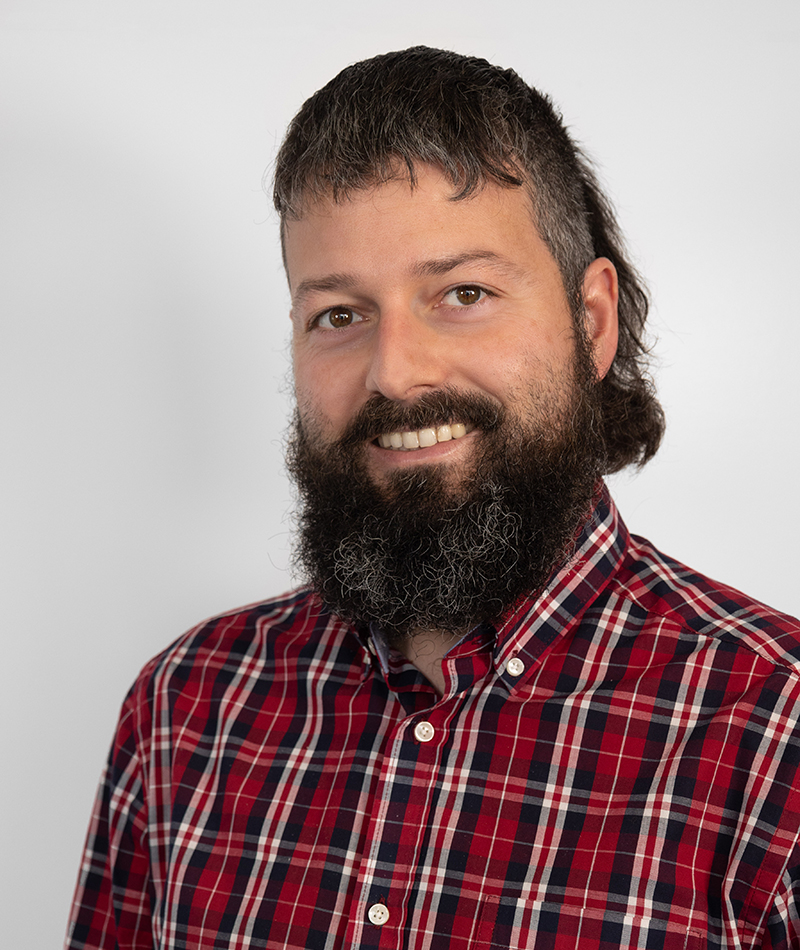
Sustainable Artificial Intelligence (SAI)
Email: raul.parada@cttc.catPhone: +34 93 645 29 00
Raul Parada Medina received the bachelor’s degree in Telecommunication Engineering (networking speciality) at Escola d’Enginyeria de Telecomunicació i Aeroespacial de Castelldefels (EETAC) from the Universitat Politècnica de Catalunya (UPC) in 2008. He performed the diploma thesis, simulating spanning tree protocols on OPNET, at Technische Universität Wien between 2007 and 2008. He received the M. Sc. degree in Telecommunications at Danmarks Tekniske Universitet (DTU) in 2012 with master thesis about MBMS scheduling in LTE. He received the Ph.D. degree in information and communications technologies at Universitat Pompeu Fabra (UPF) in 2016 with doctoral thesis about RFID and AI. He finished, in Italy, a two-year post-doctoral fellowship at Università degli Studi di Padova (UNIPD) in 2018 about mm-wave 5G/WSN applying AI.
He supervised more than 40 TFG/TFM projects since 2012 and 2015, respectively. He supervises projects in communication systems and data science. He taught Radiocommunications and Principles of Telecommunication at UPF and currently, Communication Electronics at Universitat Oberta de Catalunya (UOC). He earned the lecturer accreditation by AQU in 2017.
He started at the industry in 2008 gathering experience on problem-solving technological issues, WiMAX and satellite communication, solid-state electronics, industry 4.0 system development and vehicular to everything communication (connected car). He is the technological director of the social project ParkinSons, winner of the OpenEhealth Parkinson Challenge 2017.
He joined CTTC in July 2020 and he is currently Researcher. At CTTC, he participates in industrial projects and in projects funded by the European Commission, Spanish and Catalan Governments. He has been reviewer of international conferences and journals. His current research interests include RFID, 5G, wireless sensor networks and mmWave communications. Moreover, he has interest in long-range communications and, machine and deep learning.
Google Scholar: https://scholar.google.es/citations?user=4EZ5RMoAAAAJ&hl=es&oi=sra
ORCID ID: http://orcid.org/0000-0002-1899-5881
